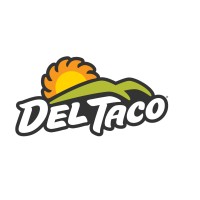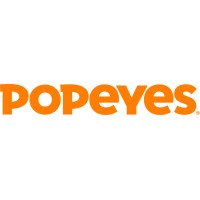
Del Taco
Founded in 1964, Del Taco, the Lake Forest, California-based company operates or franchisees nearly 600 restaurants across 16 states. Del Taco offers a full range of made-to-order Mexican items such as tacos, burritos, quesadillas and American favorites including cooked-to-order burgers, fries and shakes. Del Taco uses fresh ingredients including hand-made salsa, fresh produce, freshly grated cheddar cheese, chicken grilled every hour and lard-free beans made from scratch.






